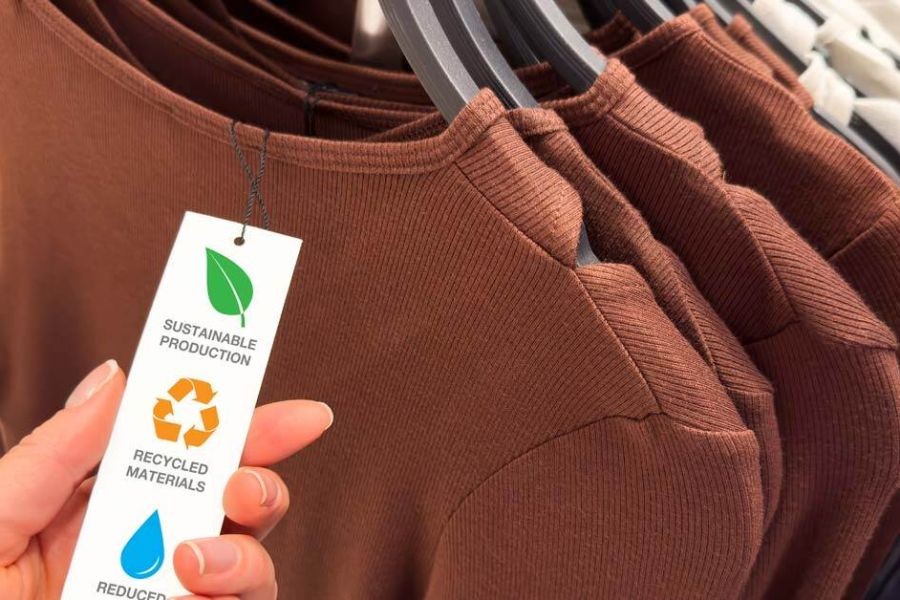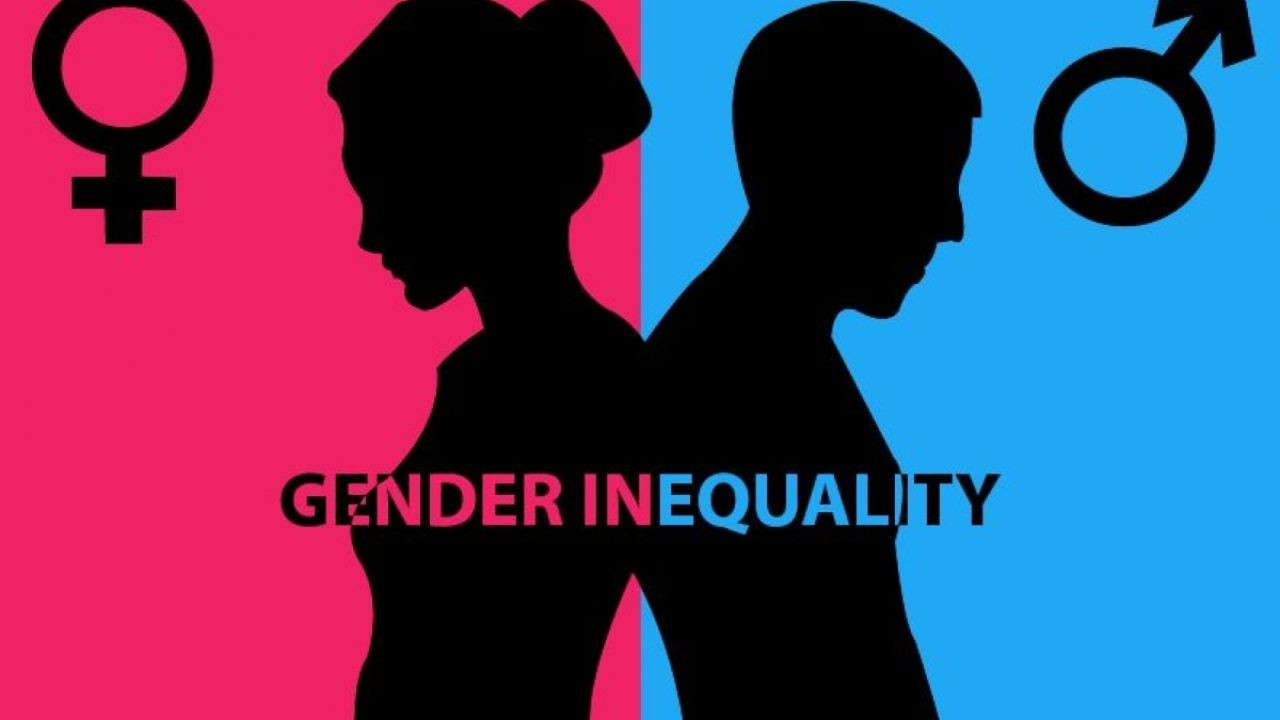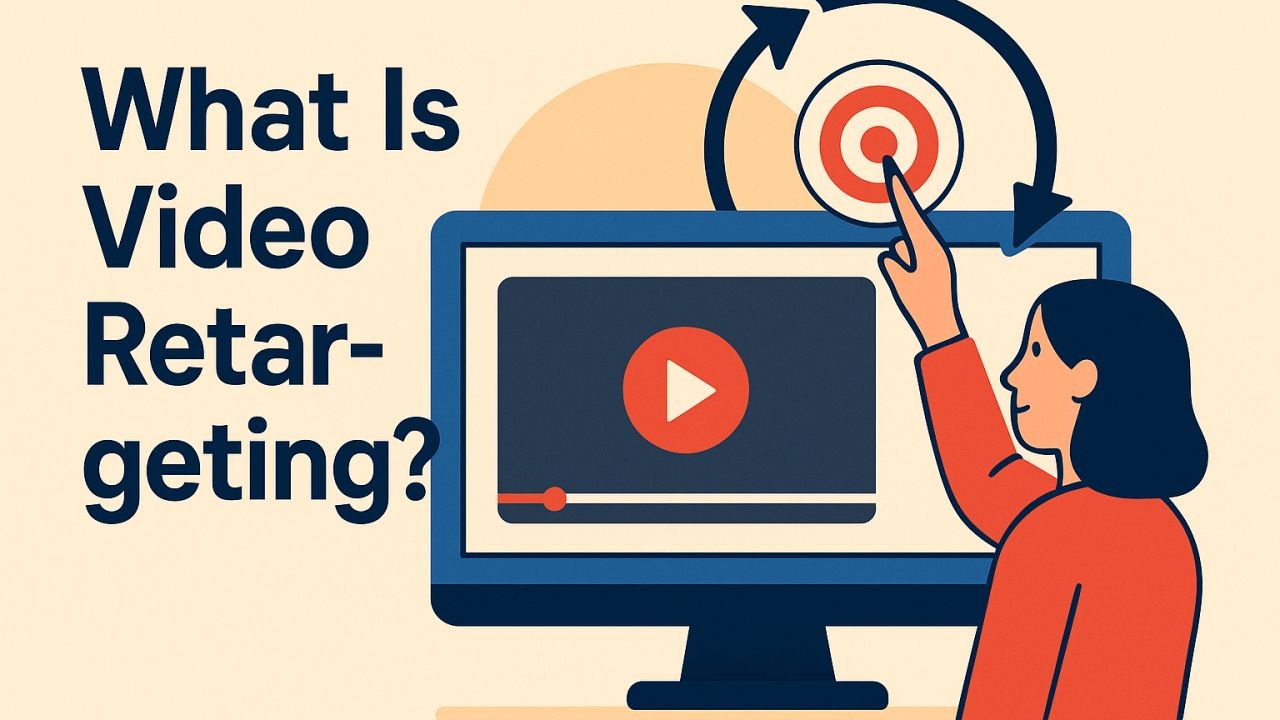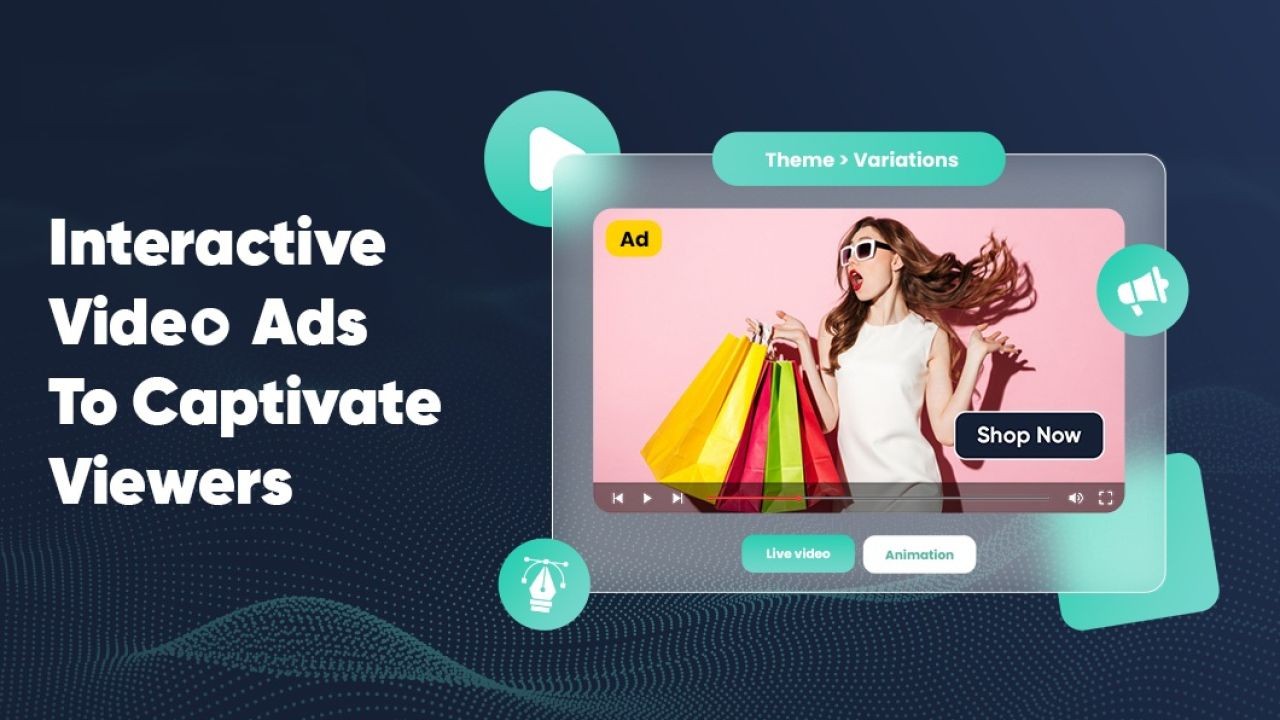In New Zealand’s burgeoning digital landscape, social media influencers play a pivotal role in shaping consumer behavior. With their ability to reach vast audiences, influencers are increasingly seen as powerful marketing tools for brands looking to connect with consumers. However, the ethicality of these influencers in promoting brands is under scrutiny. Can New Zealand’s social media influencers be trusted to promote ethical brands, and what implications does this have for businesses and consumers alike?
Understanding New Zealand's Social Media Landscape
Social media has revolutionized how brands interact with consumers. In New Zealand, platforms like Instagram, Facebook, and TikTok are not just leisure activities; they are integral to the marketing strategies of many businesses. According to Stats NZ, 72% of New Zealanders use social media daily, making it a lucrative platform for influencer marketing.
In recent years, the rise in influencer marketing has prompted questions about transparency and ethics. Influencers have the power to shape opinions and drive purchasing decisions, but this power comes with responsibility. The main concern is whether influencers promote brands based on genuine belief in their values or simply for monetary gain.
Case Study: The Impact of Influencer Marketing on NZ Businesses
Case Study: Allbirds – Ethical Branding Through Influencers
Problem: Allbirds, a New Zealand-American footwear company, faced the challenge of entering a saturated market while maintaining its commitment to sustainability. The brand needed a way to communicate its values effectively to a broad audience.
Action: Allbirds partnered with eco-conscious influencers who shared similar values. These influencers were selected based on their commitment to sustainability rather than their follower count alone. The campaign emphasized the brand's eco-friendly materials and carbon-neutral initiatives.
Result: The strategy resulted in a 50% increase in brand awareness and a 35% rise in sales in New Zealand within six months. The authenticity of the influencers' endorsements resonated well with eco-conscious consumers.
Takeaway: This case highlights the effectiveness of aligning brand values with influencer ethics. New Zealand businesses can leverage influencers who genuinely support their mission to build trust and drive sales.
Regulatory Framework and Ethical Considerations
New Zealand's Advertising Standards Authority (ASA) has established guidelines for influencer marketing, emphasizing transparency and honesty. Influencers must disclose paid partnerships clearly to ensure consumers are aware of promotional content. Despite these regulations, enforcement can be challenging due to the rapid evolution of digital platforms.
According to a 2023 report by the Ministry of Business, Innovation, and Employment (MBIE), 60% of Kiwi consumers express skepticism about influencer authenticity. This skepticism underscores the importance of regulatory oversight and ethical practices in influencer marketing.
Pros and Cons of Influencer Marketing in New Zealand
✅ Pros:
- Wide Reach: Influencers can connect with large audiences quickly, making them effective for brand exposure.
- Targeted Marketing: Brands can choose influencers whose followers align with their target demographics.
- Authenticity: When influencers genuinely support a brand, their endorsements can be more persuasive than traditional ads.
- Engagement: Influencers often have loyal followings, leading to higher engagement rates.
- Cost-Effective: Compared to traditional advertising, influencer marketing can offer higher returns on investment.
❌ Cons:
- Authenticity Concerns: The potential for inauthentic endorsements can damage brand reputation.
- Regulatory Challenges: Ensuring compliance with advertising standards can be complex.
- Market Saturation: The proliferation of influencers can make it difficult for brands to stand out.
- Measurement Difficulties: Tracking the true impact of influencer campaigns can be challenging.
- Reputation Risks: Brands risk association with influencers who may face public backlash.
Debunking Myths About Influencer Marketing
- Myth: "The more followers, the better the results." Reality: Engagement rates often matter more than follower counts. Micro-influencers with smaller but more engaged audiences can deliver better ROI.
- Myth: "Influencers only care about money." Reality: Many influencers choose collaborations based on personal values and brand alignment, not just financial incentives.
- Myth: "Influencer marketing is only for big brands." Reality: Small businesses can also benefit from influencer partnerships by leveraging local influencers to reach niche markets.
Future Trends in Influencer Marketing
As digital platforms evolve, so too will influencer marketing strategies. By 2026, it is predicted that artificial intelligence will play a significant role in selecting influencers based on data analytics, ensuring better brand alignment and campaign effectiveness.
The rise of blockchain technology may also bring transparency to influencer marketing by tracking and verifying authentic engagements. This could address current concerns about transparency and trust.
Conclusion
New Zealand’s social media influencers are powerful allies for brands seeking to engage with consumers authentically. However, the ethical promotion of brands requires a careful balance of transparency, alignment of values, and adherence to regulatory standards. As the digital landscape continues to evolve, businesses and influencers alike must adapt to maintain trust and credibility.
What’s your take on the role of influencers in promoting ethical brands? Share your insights below!
People Also Ask
- How does influencer marketing impact businesses in New Zealand? Influencer marketing can significantly boost brand awareness and sales, as seen in Allbirds' 35% sales increase through ethical influencer partnerships.
- What are the biggest misconceptions about influencer marketing? A common myth is that larger follower counts equate to better results. However, micro-influencers often deliver higher engagement rates.
- What upcoming changes could affect influencer marketing in New Zealand? By 2026, AI and blockchain advancements may enhance transparency and targeting in influencer marketing.
Related Search Queries
- Ethical influencer marketing in NZ
- Social media marketing trends in New Zealand
- Influencer marketing regulations NZ
- Transparency in influencer endorsements
- Impact of social media on consumer behavior NZ
- Choosing the right influencer for your brand
- Future of influencer marketing globally
































Crane Class
9 months ago